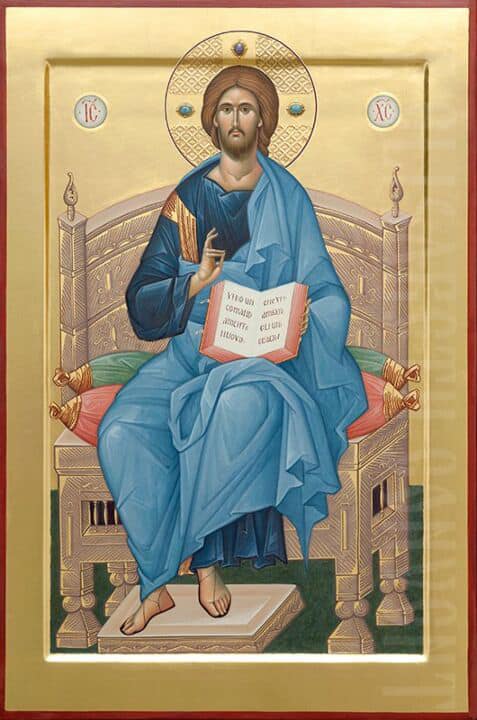 Gospel of 2 September 2020
Gospel of 2 September 2020
Wednesday of the Twenty-Second Week in Ordinary Time
Luke 4:38-44
He would not allow them to speak because they knew he was the Christ
Leaving the synagogue, Jesus went to Simon’s house. Now Simon’s mother-in-law was suffering from a high fever and they asked him to do something for her. Leaning over her he rebuked the fever and it left her. And she immediately got up and began to wait on them.
At sunset all those who had friends suffering from diseases of one kind or another brought them to him, and laying his hands on each he cured them. Devils too came out of many people, howling, ‘You are the Son of God.’ But he rebuked them and would not allow them to speak because they knew that he was the Christ.
When daylight came he left the house and made his way to a lonely place. The crowds went to look for him, and when they had caught up with him they wanted to prevent him leaving them, but he answered, ‘I must proclaim the Good News of the kingdom of God to the other towns too, because that is what I was sent to do.’ And he continued his preaching in the synagogues of Judaea.
Reflexion
Two days ago, we heard the five-fold missionary programme of our Lord as He read out the prophecy of Isaiah and confirmed that He is the fulfilment of that prophecy. If you recall, the underlying theme of that prophecy is that the Anointed One has been sent to bring freedom and liberation to God’s people. That seems simple enough. In fact, many modern SJWs (Social Justice Warriors) take that as confirmation that Jesus Himself was a social reformer, the Social Justice Warrior par excellence.
Today, we seem to get a more traditional picture of His role as a miracle worker as He goes about spiritually and physically liberating Peter’s mother-in-law and countless other people who were afflicted with all sorts of illnesses and demoniac possessions. Many good Christians are expecting this kind of a Messiah too - a healer, a wonder worker and a problem solver.
Now though there is some truth in both these views, any view which is pushed to the exclusion of others, especially when it is a view that seeks to validate a certain agenda of the one who gives this interpretation, is prone to falsehood. Heresy does not need to be a total rejection of revealed truth. A partial rejection would equally result in an erroneous and heretical belief, as in the positions taken above.
The more complete and wholistic view is found at the end of today’s passage. Yes, our Lord came to bring liberation. Yes, He performed many miracles, healed the sick, cast out demons. But the most fundamental thrust of His mission is to proclaim the gospel of the Kingdom, the gospel of salvation. His mission is not just limited to rooting out systemic racism or curing our illnesses or solving our problems. His mission is to preach, fight for, and win souls their salvation.
Mission for the salvation of souls, is at the heart of God and this is the reason why the Father sent His son into the world. This is the reason why our Lord tells us, ‘I must proclaim the Good News of the kingdom of God to the other towns too, because that is what I was sent to do.’
This salvation and good news was and is directed toward every area of need, poverty, and problem of humanity. But more fundamental is that Jesus’ mission was to save that which was lost. By nature, man lives separated from God. He lives with a great number of problems and misfortunes, urgently needing the good news of the love and the grace and the favour of Christ. We must, therefore, be careful not to reinvent His mission by making it conform to our own limited agenda.
As Christians we are to imitate Christ, not make Christ a mere copy of ourselves. For to prioritise social justice, physical health and well-being over the salvation of souls, would be to distort the very gospel of Christ. For His priority and mission has always been “to proclaim the Good News of the Kingdom of God to the other towns too,” and this must be our mission too. This is what we have been “sent to do.”
